Artificial intelligence could help crack previously unsolvable murder cases
Some of history’s most notorious unsolved murder crimes could be laid bare thanks to new forensic research led at Northumbria University, in Newcastle.

Some of history’s most notorious unsolved murder crimes could be laid bare thanks to new forensic research led at Northumbria University, in Newcastle.

A new form of high speed wireless internet, which uses the lights in homes and offices to transmit data, could revolutionise the way we download and upload information in the future.

Nick Martin, Senior Lecturer in Aerodynamics at Northumbria University, Newcastle, looks at how artificial intelligence could use lessons from nature to help drones ride air currents and stay in the air for longer.
Climate change may have played a more important role in the extinction of Neanderthals than previously believed, according to a new study published in the journal, Proceedings of the Natural Academy of Sciences.

Astrophysicists from Northumbria University, Newcastle are working with the Cambodian government to help students in the former war-torn country to study science, technology, engineering and maths (STEM) subjects.

A robotic walking frame that could help older people recover more quickly after a fall or injury, reducing the length of time they need to stay in hospital, is being developed in partnership with researchers at Northumbria University, Newcastle.
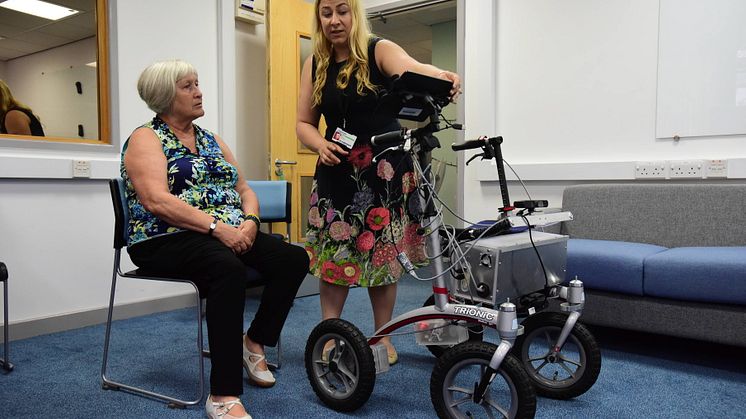
Visitors to this year’s NE1 Newcastle Motor Show on the weekend of Saturday 4 and Sunday 5 August will be given a glimpse into the future of automotive technology as Northumbria University unveils an electric racing car built by its students.
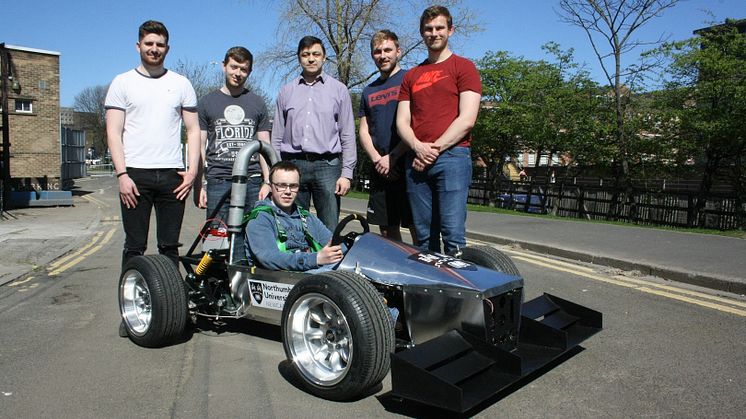
Solar physicists at Northumbria University, Newcastle are poring over brand new images of the atmosphere of the Sun taken by NASA on a recent missile launch.
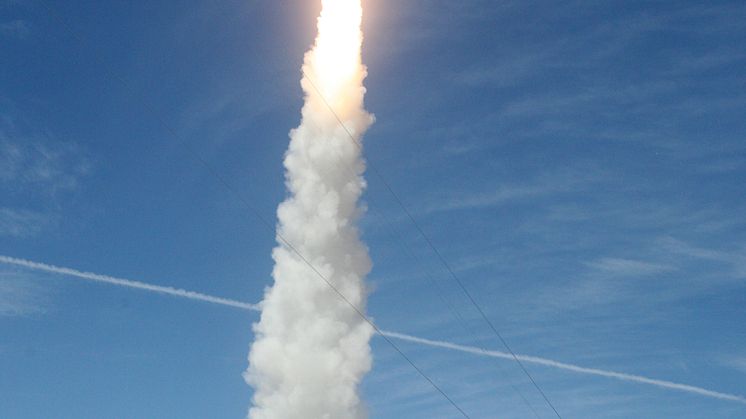
Vasile Ersek, Senior Lecturer in Physical Geography at Northumbria University, and Jack Longman, Research Fellow at University of Southampton, discuss their work undertaken which suggests important role of Balkans in medieval mining due to newly discovered evidence of lead pollution.
A new way to control how liquids dry on surfaces which could bring benefits to a range of industries, has been discovered by researchers from Northumbria University and The Open University. The findings of the research team have been published today, Wednesday 11 April, by the journal Nature Communications.

Top physicists from around the world will meet in Newcastle next week to discuss the development of the world’s largest solar telescope.
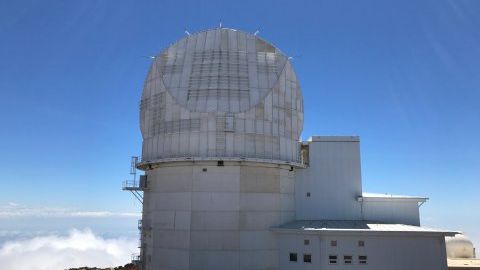
A Northumbria academic’s research into the impact that a magnetic field has on the movement of gases and liquids has been published in a world-renowned journal.

A new type of concrete, which could significantly lower the number of deaths during bomb blasts, earthquakes and other disasters, is being developed by an expert from Northumbria University, Newcastle.
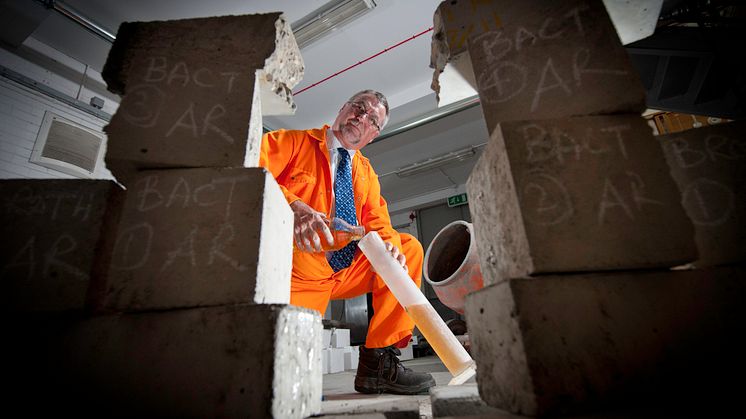
Experts from around the world will visit Northumbria University, Newcastle next month to discuss how the creation of a Pan-African digital library could transform the lives of people living across the continent.

A former Williams Formula One aerodynamics expert has joined Northumbria University, Newcastle, to lead new research using its recently installed, state-of-the-art wind tunnel facilities.
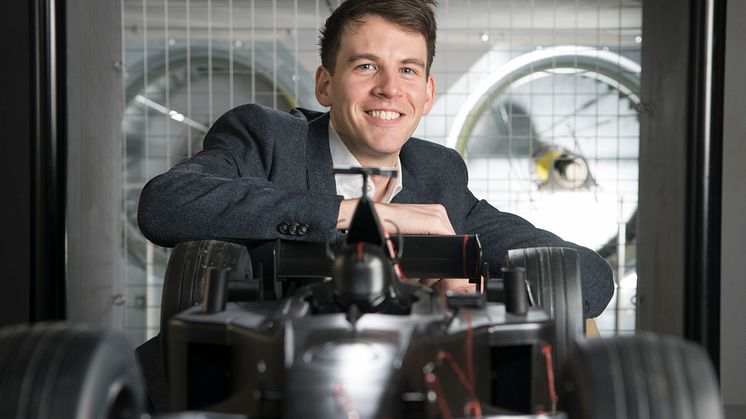
A Northumbria academic, who has led ground-breaking research into the development of self-repairing concrete, has been sworn-in as a City of Durham Freeman.

Northumbria University’s Pro Vice-Chancellor (Business and Enterprise) Professor Steven Kyffin has been invited to give the opening talk at TEDx Eindhoven, a prestigious technology and design conference in The Netherlands.

As Sri Lanka looks toward emerging sciences, Northumbria University, Newcastle has become the island’s first UK University to launch a biotechnology degree.
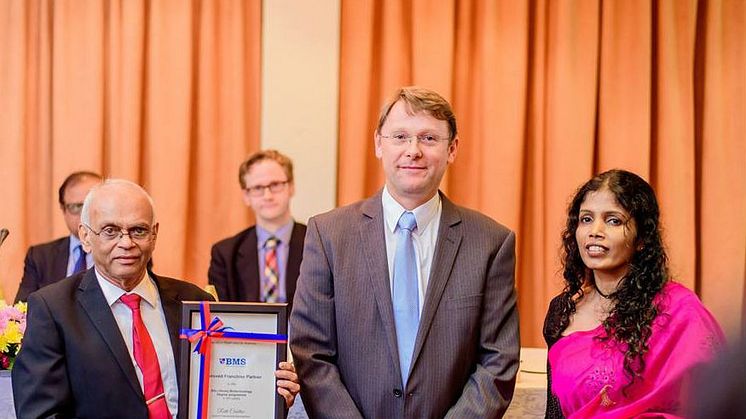
Research carried out by academics at Northumbria University, Newcastle could lead to improvements in treating patients with diseases caused by mutations in genes, such as cancer, cystic fibrosis and potentially up to 6,000 other inherited conditions.

A peat bog in Romania provides a new insight into our knowledge of when the Sahara began to transform from grassland into the desert we know today, and the impact this had on dust deposition within Eastern Europe.
